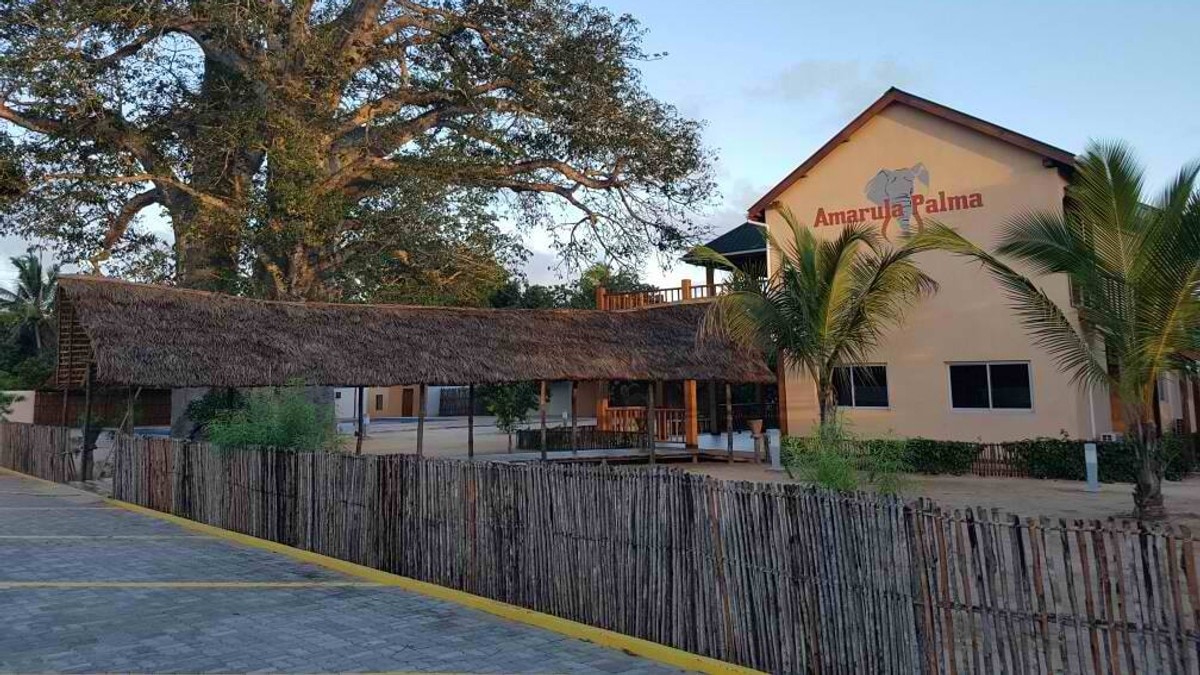Antwerp –
There is a real chance that a new global epidemic will develop in our own region. That says biologist Herwig Leirs of the University of Antwerp. “The next pandemic could come from our pigs, chickens or cows. After all, we live close to our animals and to each other. ”
–
Actually, we still do not know where and how the coronavirus exactly got from an animal into a human body. Wuhan, China, may be the source. And a bat species, but that is not certain. The past year was mainly about containment and finding solutions, but ‘we’ have forgotten that source a bit.
“The Chinese animal market is plausible, but just as likely Covid-19 has been circulating in humans for much longer,” says biologist Herwig Leirs in the magazine of the University of Antwerp. “Sometimes such infections circulate in small, local communities, away from the industrialized world. Those people are then immune, it can be a kind of childhood disease. But if you create an influx of new people there, you open the gate for the virus. ”
Photo: RR
Leirs is fascinated by the origin and evolution of all kinds of contagious infections, especially those transmitted by rodents. His team is investigating which animal species in our country are still susceptible to Covid-19.
“For example, we know that house mice were not really susceptible to the original variant, but they are for the British variant. Dogs also seem less susceptible than cats. We want to map those species precisely. ”
Resistance
Leirs thinks that the attention for zoonoses, diseases that can spread from animals to humans, is so great.
“We should not assume that Covid-19 was our generation’s Spanish flu, and that we are now a hundred years away from a pandemic.”
Because the source of a global epidemic may be closer than we think, he says. “The chances of a new pandemic outbreak are greatest in the tropics, due to the great biodiversity and population density, but also in Western Europe. Because here we combine three risks: intensive livestock farming, a high population density and, as far as bacterial infections are concerned, a high antibiotic resistance in livestock. Fortunately, the use of antibiotics has decreased sharply in recent years. ”
To protect
In our chicken, pig and cow sheds, the animals live close together on a limited area, completely different from extensive American ranches, for example. With us, farmers live close to their animals and people live close together. “The ideal context for a virus: circulation to mutate and a wide playing field to become more contagious,” says Leirs.
“Livestock farmers are aware of the infection risks, they benefit from protecting their animals against contagious diseases. Rodents, insects, humans … these are all risks of possible transmission. Cattle keepers keep their farm isolated, often wear different boots per stable, they don’t just let other people among the animals. All interventions to limit the risk of contamination. But a system is never watertight. ”
 –
–It is therefore important to be prepared worldwide for the outbreak of a new disease. “Viruses and their properties are being mapped, early detection and intervention systems are being developed, and drugs and vaccines are being researched that could work against new viruses,” said Leirs. “But of course: that is time and money for research that may never be necessary. That is always difficult. Hopefully the current pandemic, which is a fairly mild virus in comparison with Ebola, except for the elderly, will make you realize that preparing for ‘the worst’ is useful. ”
– .


